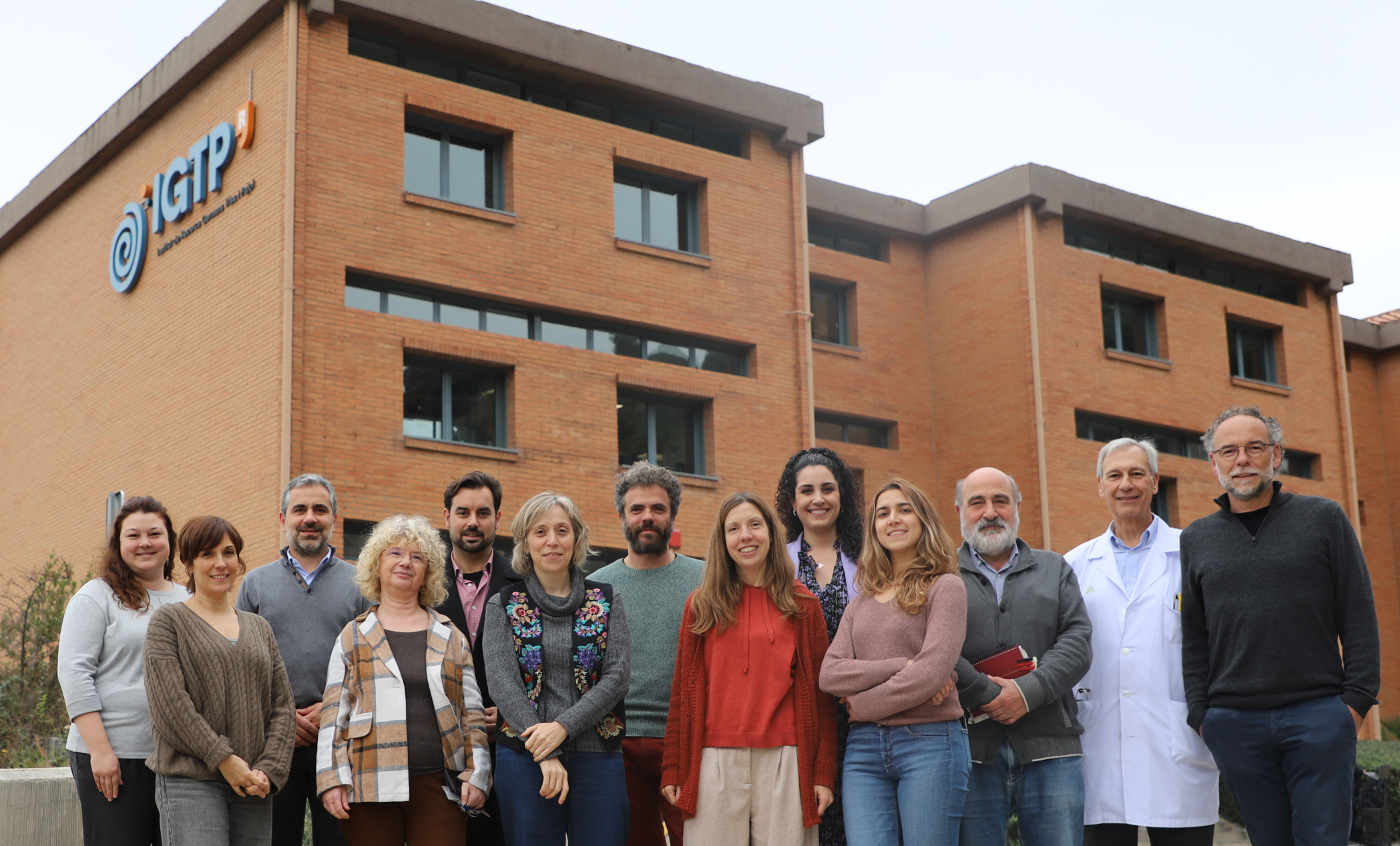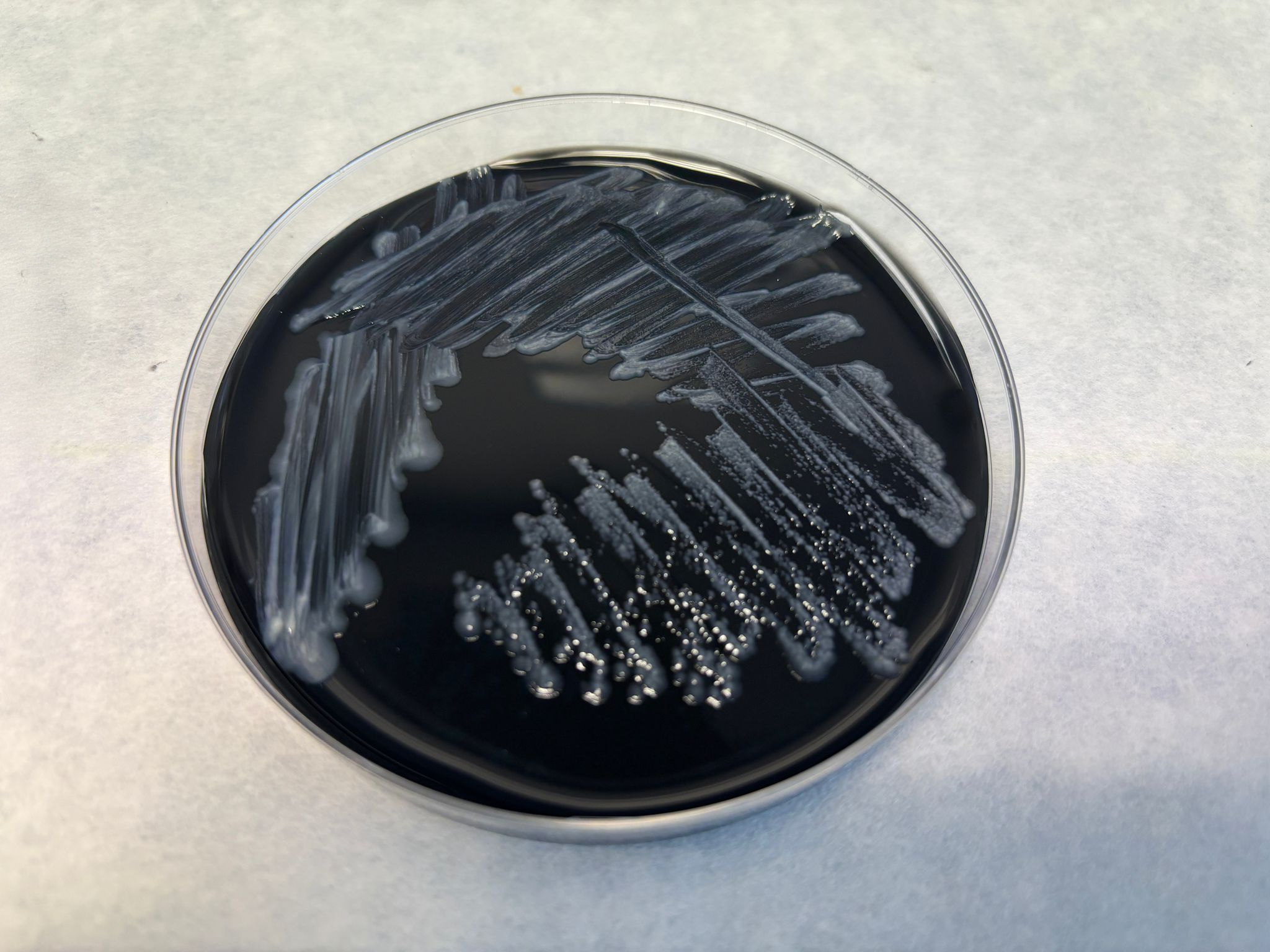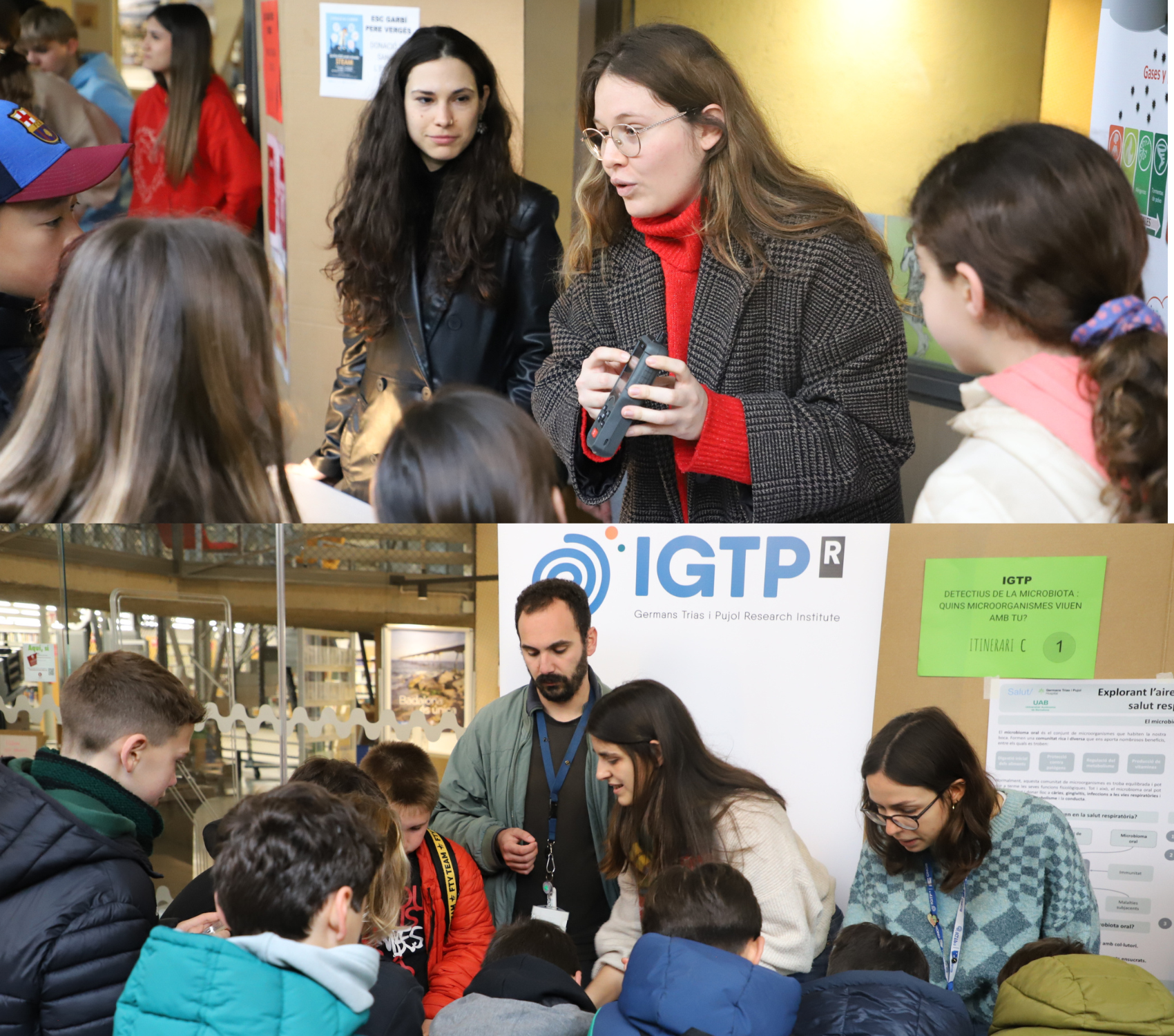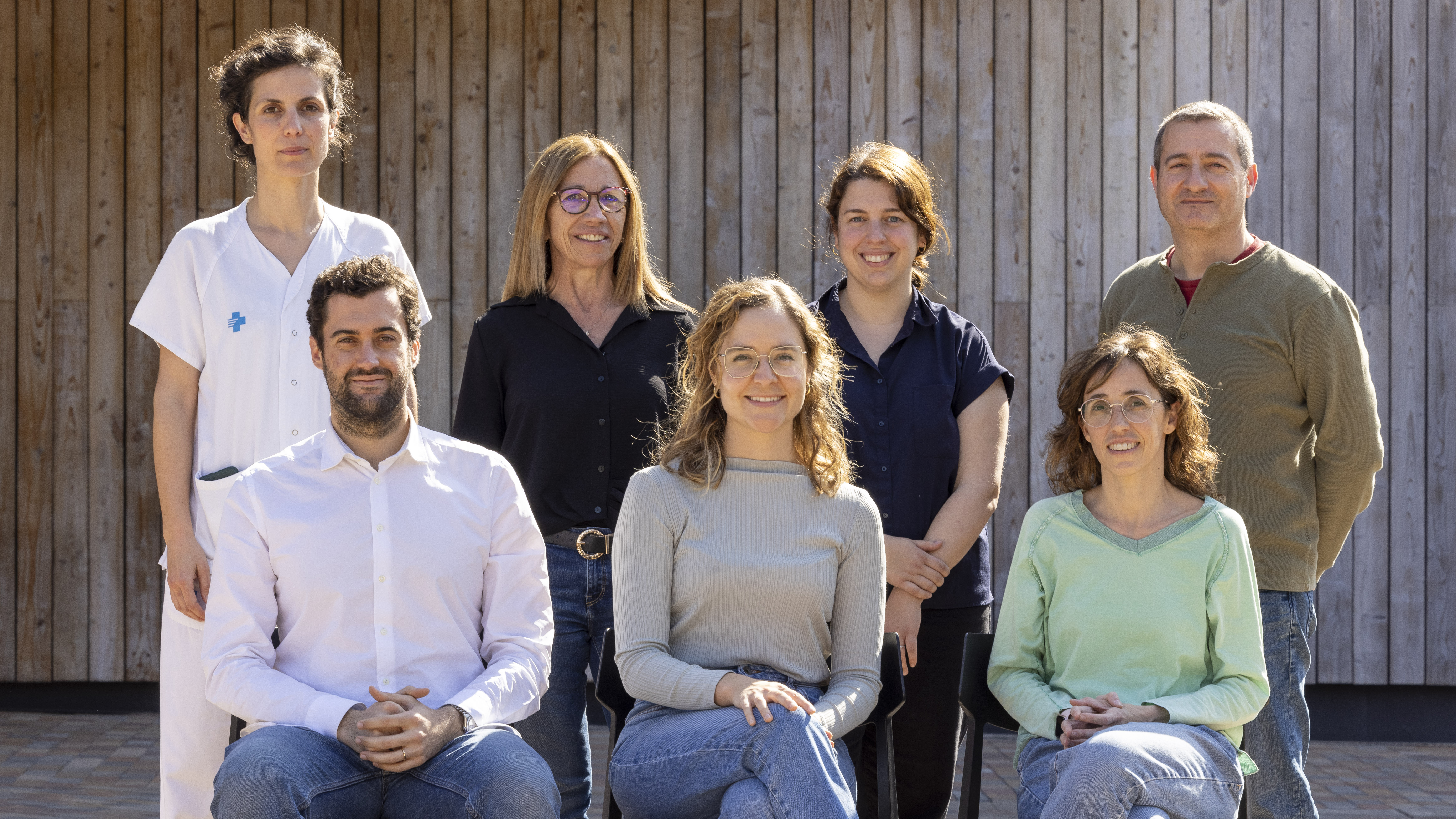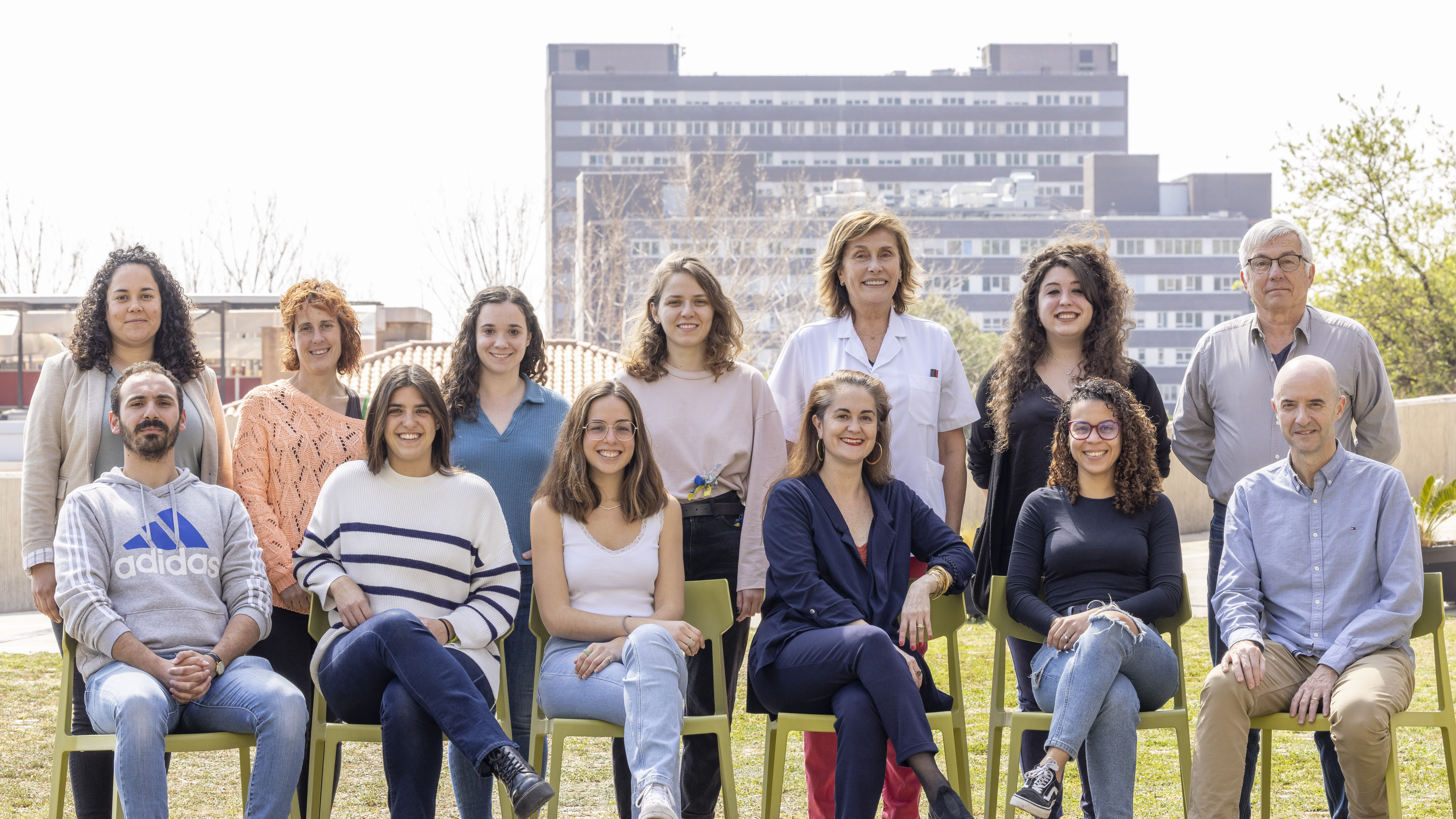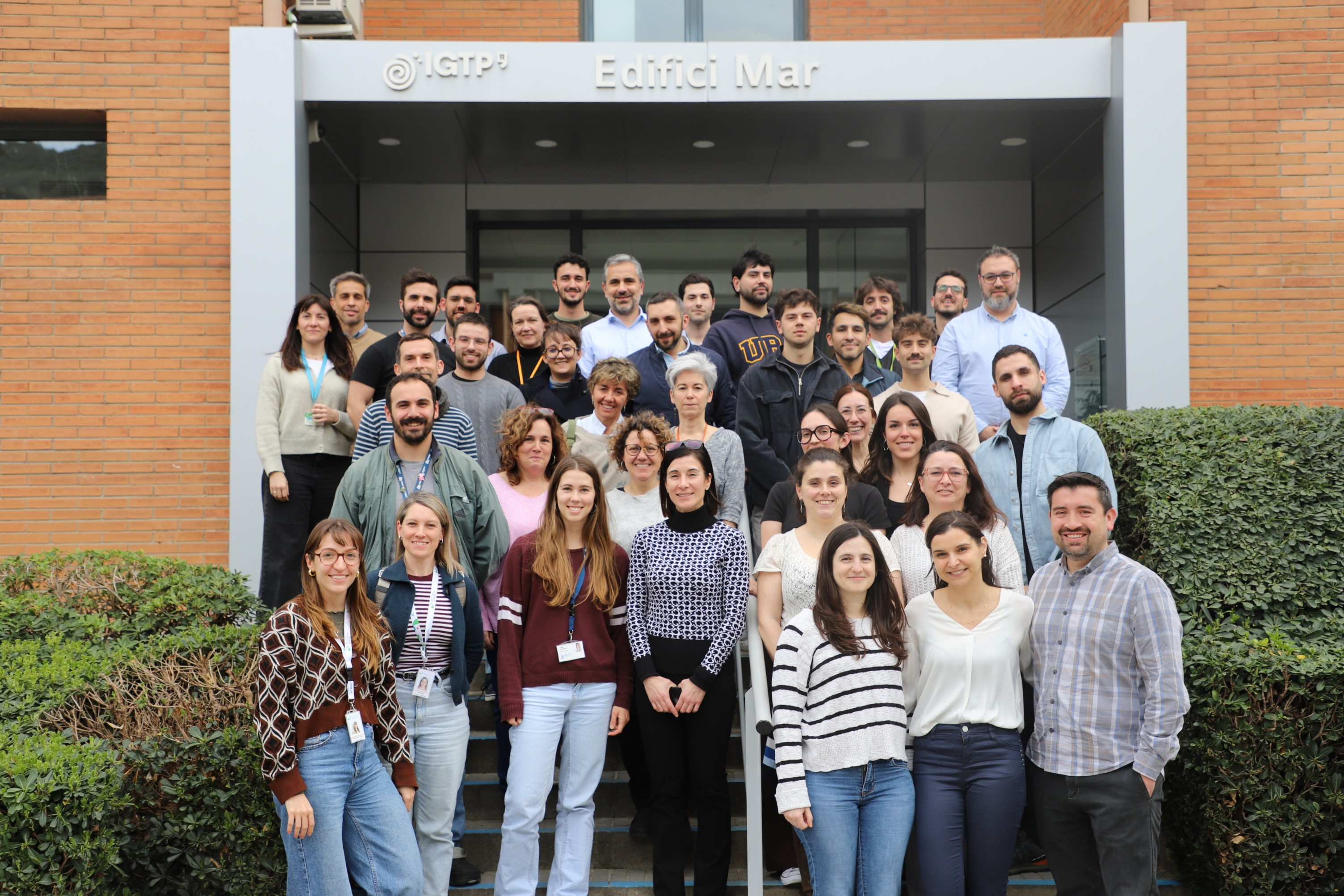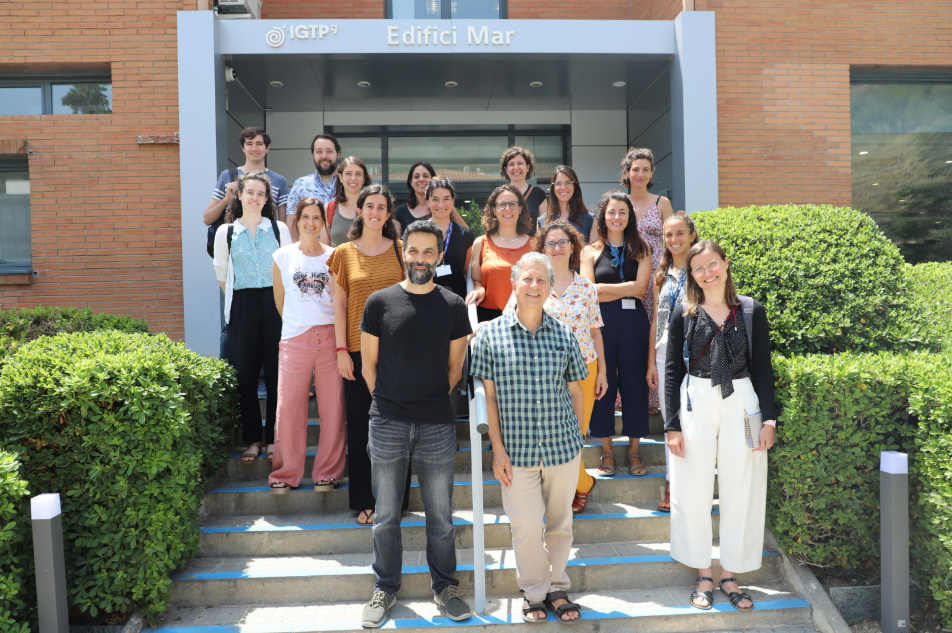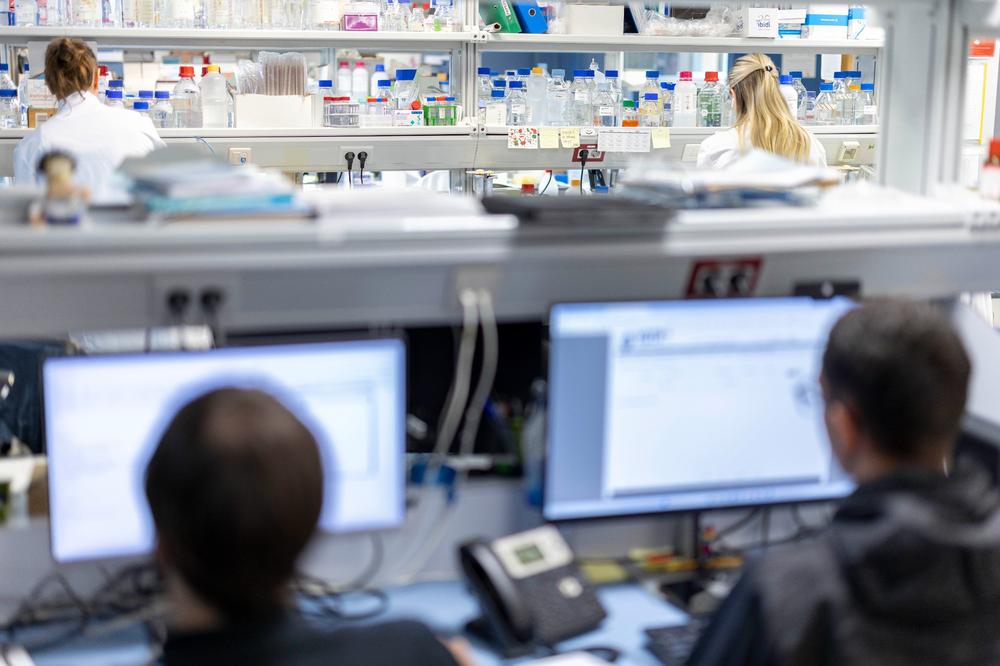IGTP's Internal Scientific Advisory Board reviews 2024 and defines its goals for 2025
The Internal Scientific Advisory Board of IGTP concluded 2024 with increased activity and several updates to its composition and functioning. This key advisory body in the institute's scientific planning held ten meetings throughout the year, strengthening its involvement in institutional initiatives.
